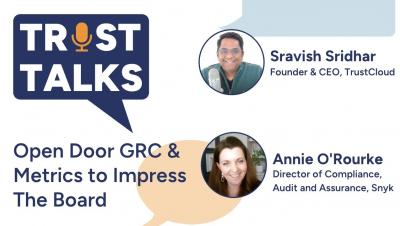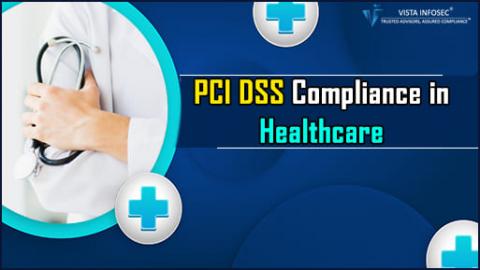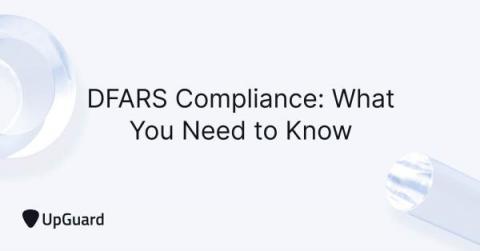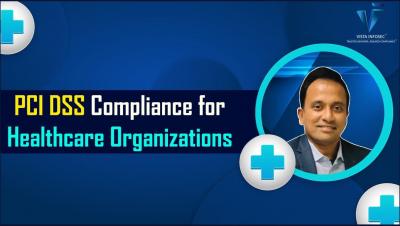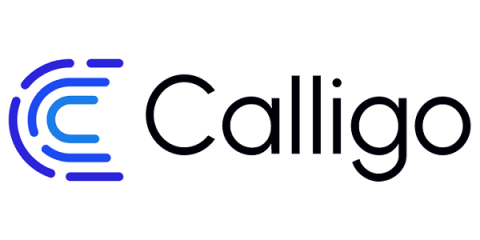What is SOC 2 Type 2 and Why is it Important?
Netacea is proud to announce that six months on from completing SOC 2 Type 1 compliance, we can now confirm SOC 2 Type 2 compliance as well, further demonstrating our commitment to data security and protecting our customers.





